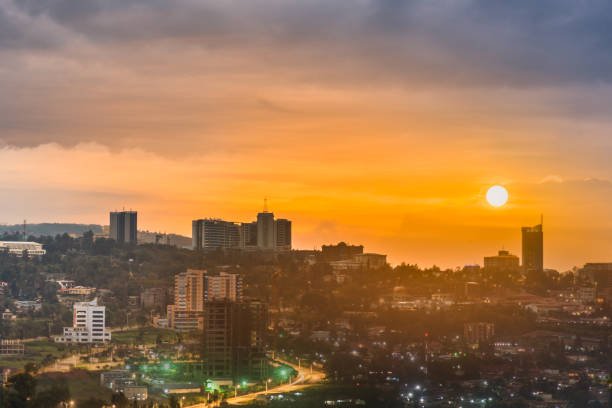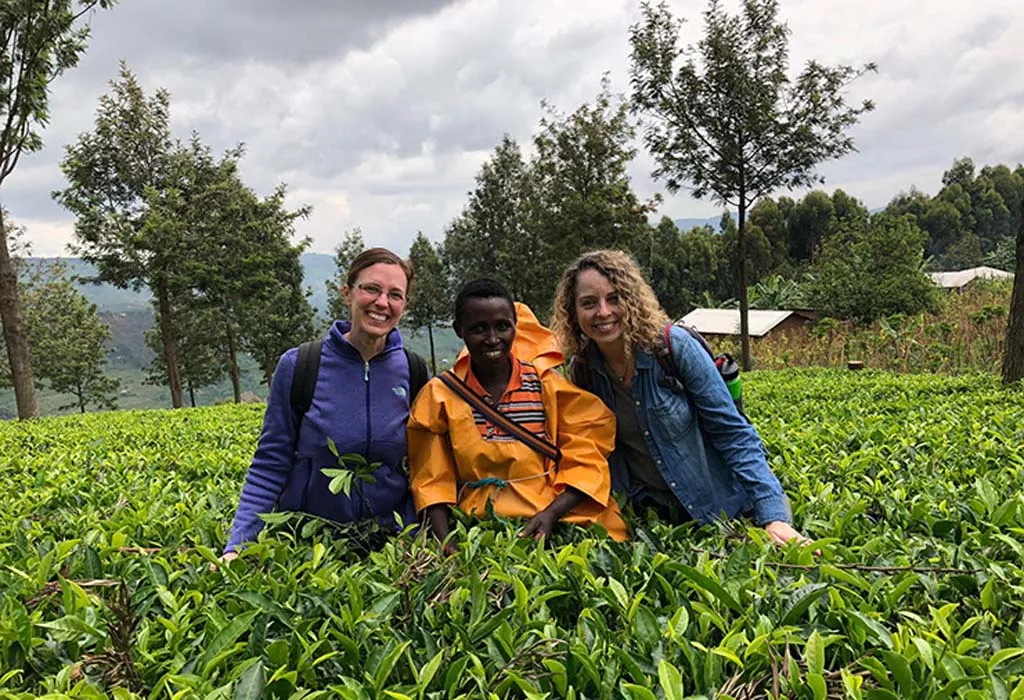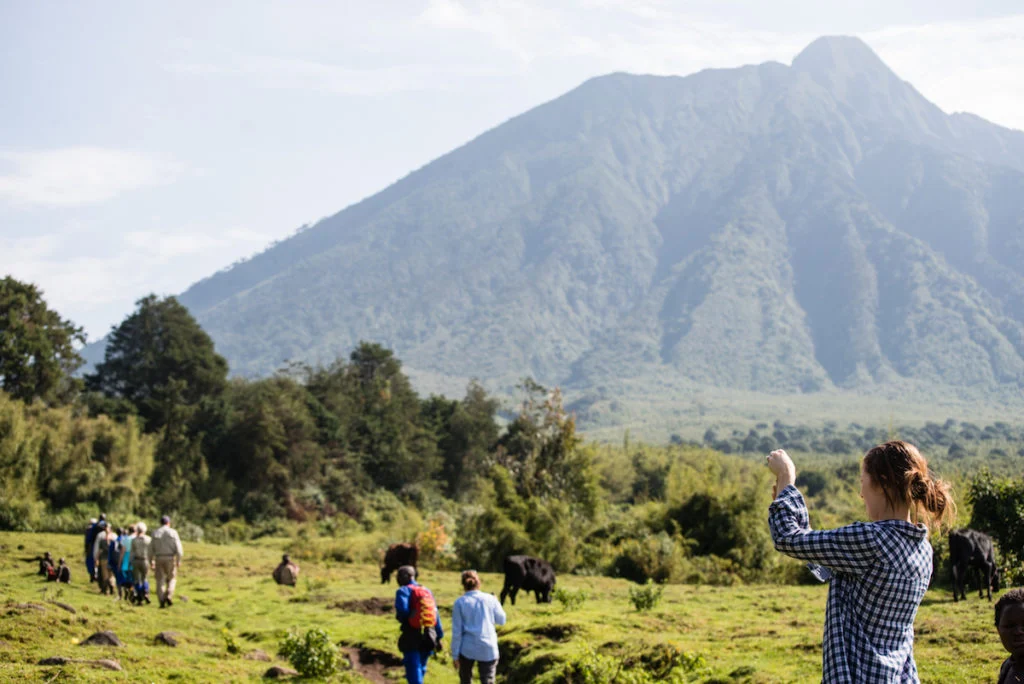
Rwanda, the Land of a Thousand Hills, offers travelers a rich tapestry of experiences — from the bustling markets of Kigali to the misty mountains of Volcanoes National Park, the serene waters of Lake Kivu, and the lush rainforests of Nyungwe. Whether you’re trekking to see mountain gorillas, embarking on a cultural village tour, or exploring the urban charm of Kigali, packing appropriately can make or break your trip.
Rwanda’s varied terrain and climates mean you’ll need a well-rounded packing list tailored to both adventure and comfort. This guide covers everything you need — from clothing and gear to health essentials and cultural considerations — so you can explore Rwanda with confidence and ease.
1. Travel Documents & Essentials
Let’s start with the basics. These are non-negotiable:
- Passport (valid for at least 6 months from your date of entry)
- Visa (can be obtained online or on arrival for many nationalities)
- Yellow Fever Vaccination Certificate (required for entry if you’re coming from a country with risk of yellow fever)
- Travel Insurance (ensure it covers health, accidents, and trip cancellations)
- Printed Hotel Confirmations and Itinerary
- Emergency Contact Info (both digital and printed)
2. Clothing: Dress for Variety & Modesty
Rwanda’s climate is generally temperate due to its elevation, but it varies by region and season. Pack clothes that layer easily and suit both urban and rural settings.
Recommended Clothing:
- Lightweight T-shirts and long-sleeve shirts (breathable fabrics like cotton or linen)
- Long trousers or convertible hiking pants
- Comfortable shorts (note: avoid very short shorts in rural or religious areas)
- A light fleece or hoodie for cooler mornings and evenings
- Rain jacket or poncho (especially in rainy season: March-May & Oct-Nov)
- Modest dresses or skirts for women (especially useful in villages)
- Swimsuit (for Lake Kivu or hotel pools)
- Wide-brimmed hat or cap (for sun protection)
- Undergarments and sleepwear
Footwear:
- Sturdy hiking boots (for gorilla trekking and nature walks)
- Comfortable walking shoes or sneakers
- Sandals or flip-flops (for downtime or shower use)
3. Gorilla Trekking & National Park Gear
If you’re planning on trekking to see gorillas or visiting national parks like Nyungwe or Akagera, you’ll need some specialized gear:
- Hiking boots (waterproof and broken in)
- Gaiters (to protect your legs from mud and insects)
- Thick hiking socks (bring multiple pairs)
- Garden gloves (for gripping branches and vines)
- Lightweight long-sleeved shirts and pants (for bush protection)
- Rain gear (weather is unpredictable in the mountains)
- Small daypack (for water, snacks, and camera)
- Reusable water bottle or hydration bladder
- Binoculars (especially for bird watchers in Nyungwe)
- Insect repellent (with DEET or natural alternative)
4. Health & Hygiene Essentials
Rwanda is generally safe for travelers, but it’s wise to bring your own health supplies, especially if you plan on going off the beaten path.
Health Kit Must-Haves:
- Prescription medications (bring enough for your entire stay)
- Malaria prophylaxis (consult your doctor before traveling)
- Sunscreen (SPF 30 or higher)
- Insect repellent
- Hand sanitizer
- Travel-sized toiletries (soap, toothpaste, deodorant, etc.)
- Wet wipes and tissues (not always available in public toilets)
- First aid kit (band-aids, antiseptic cream, pain relievers, anti-diarrheal, etc.)
- Rehydration salts or electrolyte tablets
- Menstrual products (if needed)
Optional but useful:
- Motion sickness tablets (for hilly bus rides)
- Eye drops and lip balm (air can be dry in some areas)
5. Tech & Gadgets
- Universal travel adapter (Rwanda uses Type C & J plugs)
- Power bank (for long journeys or rural stays)
- Unlocked smartphone (SIM cards are cheap and widely available)
- Camera (with extra SD cards and batteries)
- Headphones or earbuds
- Flashlight or headlamp (for rural or eco-lodges with limited power)
6. Money & Safety
- Cash in USD or Euros (exchange to Rwandan Francs at banks or forex bureaus)
- Credit/debit card (Visa is more widely accepted than Mastercard)
- Money belt or hidden pouch
- Photocopies of your ID and passport (stored separately from originals)
7. Cultural Considerations: Respect Local Norms
- Avoid wearing very revealing clothing, especially in villages or religious settings.
- Sundays are church days for many Rwandans; dress more conservatively if attending a service or visiting a family.
- Learn a few basic Kinyarwanda phrases. It’s appreciated and shows respect.
- Greeting with a handshake is common — use your right hand.
- Always ask before taking someone’s photo.
8. Extras That Make a Big Difference
- Travel journal (to document your memories)
- Small gifts (pens, notebooks, seeds for homestays or community visits)
- Dry bag (for electronics or valuables when kayaking or during rain)
- Packable tote or foldable backpack (for day trips or market shopping)
- Earplugs and eye mask (for long bus rides or light sleepers)
- Book or Kindle (perfect for quiet evenings or long transits)
9. What Not to Pack
- Plastic bags (they’re banned in Rwanda; bring reusable ones instead)
- Excessive luggage (you’ll be moving around a lot — pack light)
- Camouflage clothing (can cause misunderstandings with authorities)
- Drone (without prior authorization) — you’ll need permission from Rwandan authorities to fly one legally
10. Packing by Season
- Dry Season (June – September & December – February):
- Lighter clothes, good walking shoes, hat, sunscreen
- Rainy Season (March – May & October – November):
- Waterproof clothing, extra socks, umbrella, quick-dry gear
Conclusion: Pack Light, Travel Right
Packing for Rwanda doesn’t need to be stressful. With a thoughtful approach and the right gear, you’ll be ready to embrace everything this beautiful country has to offer. From jungle treks and cultural encounters to lakeside relaxation, Rwanda’s charm lies in its diversity — and your suitcase should reflect that.
So, roll up your sleeves, double-check your list, and prepare for an unforgettable Rwandan adventure. Safe travels!
Did We Miss Anything? Let us know in the comments what your Rwanda packing must-have is. And if you found this guide helpful, share it with your travel crew and follow @SeeRwanda for more tips!



















